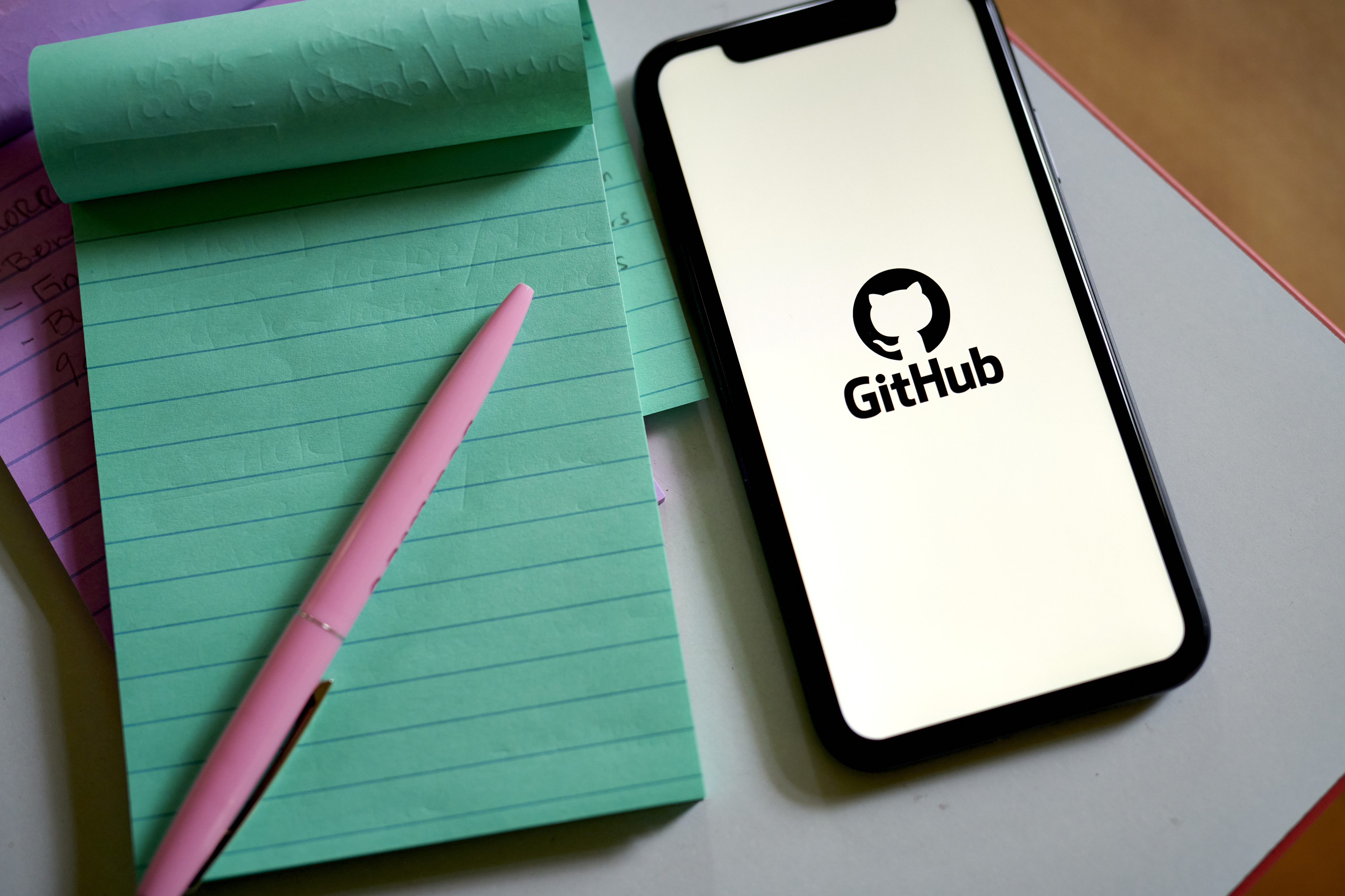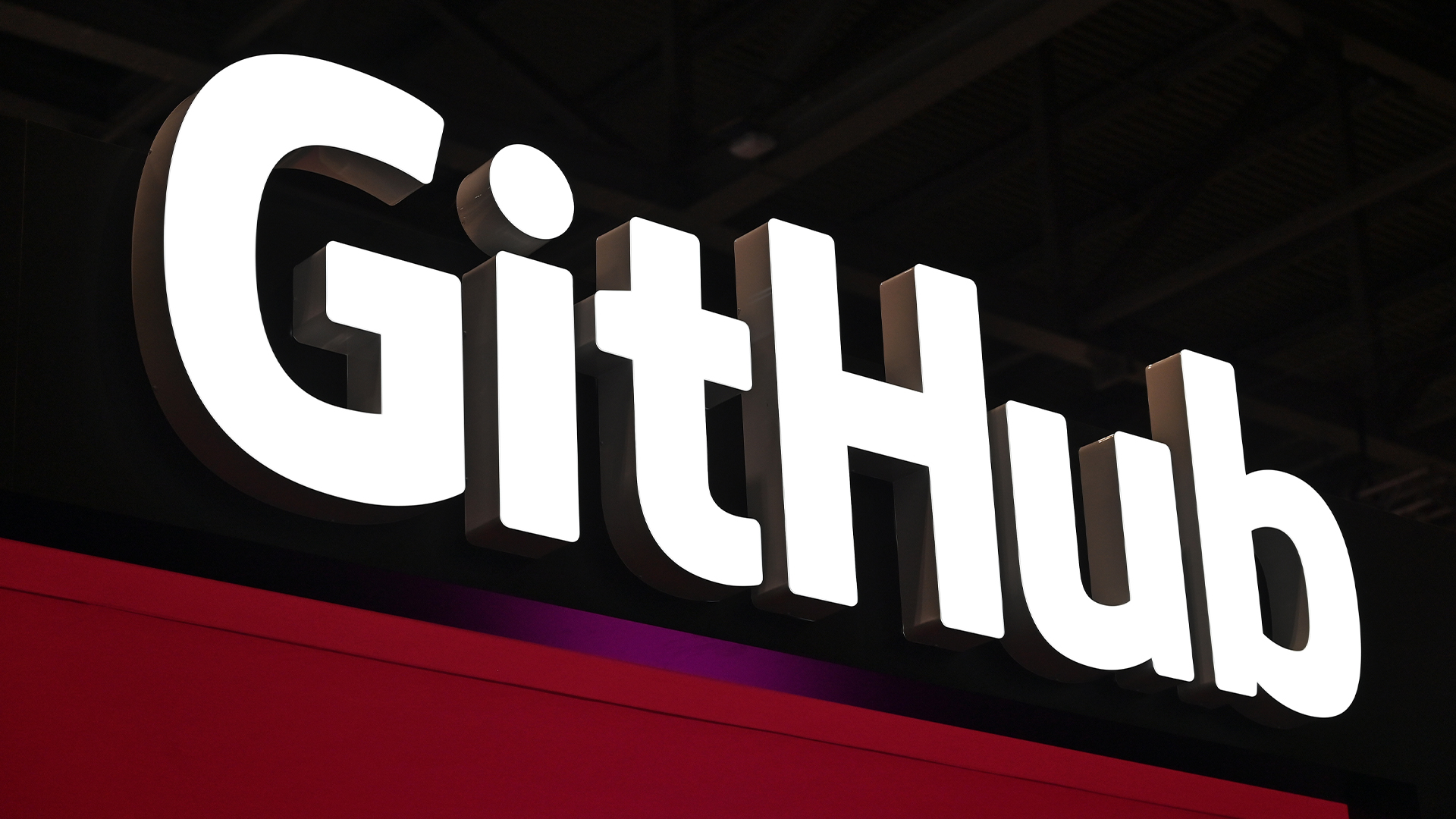GitHub takes Copilot Chat beta to the enterprise
Organizations can now leverage the AI-powered, context-aware assistant from within Visual Studio and VS Code


GitHub has announced a public beta release of its Copilot Chat solution for all business users on Visual Studio and VS Code, marking the company’s first step in taking its wider Copilot X offering to the enterprise.
Announced back in March, Copilot X is the latest iteration of GitHub’s original Copilot AI pair programming assistant with features that leverage the GPT-4 model from OpenAI.
GitHub said this latest evolution turns Copilot into a context-aware conversational assistant within the integrated development environment (IDE), which allows developers to execute complex tasks using simple prompts.
It’s described as a “Chat-GPT-like experience” from within Visual Studio and VS Code, enabling efficient analysis of code blocks, as well as the provision of bug fixes.
As the centerpiece of Copilot X, GitHub said Copilot Chat will “swing the doors wide open” to an age where natural language powers the coding experience.
“Every developer on your team, from the least to the most experienced, will be able to build entire applications or debug vast arrays of code in a matter of minutes instead of a matter of days,” said Mario Rodriquez, vice president of product at GitHub.
“Weeks or months spent slogging over unit tests and endless backlogs of boilerplate code will be a thing of the past.”
Sign up today and you will receive a free copy of our Future Focus 2025 report - the leading guidance on AI, cybersecurity and other IT challenges as per 700+ senior executives
Once Copilot X becomes generally available, GitHub predicts every developer could be made ten times more productive, enabling a new generation of developers to be able to learn and build at speed.
The company highlighted data from Stack Overflow’s most recent developer survey, which revealed that developers often spend 30 minutes and sometimes up to two hours a day searching for solutions to problems.
Copilot Chat is expected to reduce these times dramatically, improving developer productivity and freeing up more time to work on more innovative projects.
Contextual awareness
With Copilot Chat, GitHub said it’s taking what works for general-purpose generative AI chat assistants and adapting it to the developer environment.
Located inside the IDE, Copilot Chat works by being contextually aware of the code a developer has written or the error messages shown to them.
The aim is to “keep developers in the flow” at a time when they are having to juggle multiple languages, cloud computing, programming frameworks, CI/CD workflows, open source software, and more.
To tackle this, Copilot Chat offers context-specific support to developers, as well as real-time guidance and suggestions for best practices, tips, and solutions for specific coding challenges.
RELATED RESOURCES

Welcome to the 3D Generation: Unleash your creativity
Join the Adobe team as they take you through the innovation of 3D design.
The tool also makes suggestions for fixing security issues, and can provide explanations and analysis of code for developers, as well as general troubleshooting.
“We want to help developers spend their time on what matters most: building what’s next,” Rodriguez said. “And this work started with GitHub Copilot offering code suggestions right in the IDE – but now with Copilot Chat, developers can not only get code suggestions, but ask questions, get explanations, offer prompts for code, and more. That means they’re spending more time in the IDE – and in the flow.”
GitHub Copilot for Business administrators can provide access to the beta to development teams via the settings in the ‘Copilot’ tab.
The Copilot Chat beta settings can then be found under the ‘Policies’ section, where admins can accept the terms and conditions of the tool. Once accepted, all users within the organization will receive detailed installation instructions via email.
Dan is a freelance writer and regular contributor to ChannelPro, covering the latest news stories across the IT, technology, and channel landscapes. Topics regularly cover cloud technologies, cyber security, software and operating system guides, and the latest mergers and acquisitions.
A journalism graduate from Leeds Beckett University, he combines a passion for the written word with a keen interest in the latest technology and its influence in an increasingly connected world.
He started writing for ChannelPro back in 2016, focusing on a mixture of news and technology guides, before becoming a regular contributor to ITPro. Elsewhere, he has previously written news and features across a range of other topics, including sport, music, and general news.
-
 Hackers are using LLMs to generate malicious JavaScript in real time
Hackers are using LLMs to generate malicious JavaScript in real timeNews Defenders advised to use runtime behavioral analysis to detect and block malicious activity at the point of execution, directly within the browser
-
 Developers in India are "catching up fast" on AI-generated coding
Developers in India are "catching up fast" on AI-generated codingNews Developers in the United States are leading the world in AI coding practices, at least for now
-
 Microsoft is shaking up GitHub in preparation for a battle with AI coding rivals
Microsoft is shaking up GitHub in preparation for a battle with AI coding rivalsNews The tech giant is bracing itself for a looming battle in the AI coding space
-
 ‘1 engineer, 1 month, 1 million lines of code’: Microsoft wants to replace C and C++ code with Rust by 2030 – but a senior engineer insists the company has no plans on using AI to rewrite Windows source code
‘1 engineer, 1 month, 1 million lines of code’: Microsoft wants to replace C and C++ code with Rust by 2030 – but a senior engineer insists the company has no plans on using AI to rewrite Windows source codeNews Windows won’t be rewritten in Rust using AI, according to a senior Microsoft engineer, but the company still has bold plans for embracing the popular programming language
-
 AWS says ‘frontier agents’ are here – and they’re going to transform software development
AWS says ‘frontier agents’ are here – and they’re going to transform software developmentNews A new class of AI agents promises days of autonomous work and added safety checks
-
 Google CEO Sundar Pichai thinks software development is 'exciting again' thanks to vibe coding — but developers might disagree
Google CEO Sundar Pichai thinks software development is 'exciting again' thanks to vibe coding — but developers might disagreeNews Google CEO Sundar Pichai claims software development has become “exciting again” since the rise of vibe coding, but some devs are still on the fence about using AI to code.
-
 Google Brain founder Andrew Ng thinks everyone should learn programming with ‘vibe coding’ tools – industry experts say that’s probably a bad idea
Google Brain founder Andrew Ng thinks everyone should learn programming with ‘vibe coding’ tools – industry experts say that’s probably a bad ideaNews Vibe coding might help lower the barrier to entry for non-technical individuals, but users risk skipping vital learning curves, experts warn.
-
 GitHub is scrapping some Claude, OpenAI, and Gemini models in Copilot – here's what you need to know and what alternatives are available
GitHub is scrapping some Claude, OpenAI, and Gemini models in Copilot – here's what you need to know and what alternatives are availableNews GitHub Copilot users are urged to switch to the newer models following the retirement cut-off
-
 Anthropic’s new Claude Code web portal aims to make AI coding even more accessible
Anthropic’s new Claude Code web portal aims to make AI coding even more accessibleNews Claude Code for web runs entirely in a user’s browser of choice rather than in a command-line interface and can be connected directly to chosen GitHub repositories.
-
 The UK’s aging developer workforce needs a ‘steady pipeline’ of talent to meet future demand – but AI’s impact on entry-level jobs and changing skills requirements mean it could be fighting an uphill battle
The UK’s aging developer workforce needs a ‘steady pipeline’ of talent to meet future demand – but AI’s impact on entry-level jobs and changing skills requirements mean it could be fighting an uphill battleAnalysis With the average age of developers in the UK rising, concerns are growing about the flow of talent into the sector
